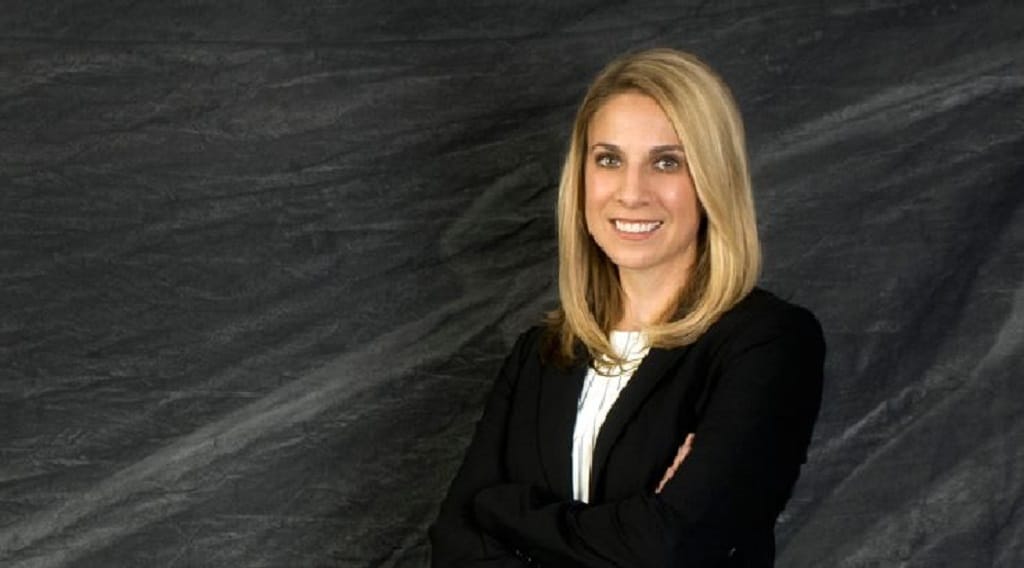FCC Points to Congress on USF, Texas Hires LightBox, Lit Communities Hires Lindsay Miller
The FCC will let Congress make changes to its authority to add contributors to the Universal Service Fund.
Ahmad Hathout

August 16, 2022 – The Federal Communications Commission is leaving it to Congress to institute legislative reforms to allow it to make changes to the contribution base of a fund that supports basic telecommunications services to Americans, according to its report to Congress released Monday.
The agency has been fielding comments about what it should do about the Universal Service Fund, a nearly $10-billion pot of money that goes to support broadband expansion in low-income and rural areas. The fund has been under scrutiny because it relies largely on declining voice service revenues – often passed down to customers – which has called into question its sustainability. Some have called on the agency to unilaterally expand the base to include broadband internet revenues.
But in its report on the future of the USF, the agency said its authority on making such a change to the base is not that clear.
“On review, there is significant ambiguity in the record regarding the scope of the Commission’s existing authority to broaden the base of contributors,” the report said.
“As such, we recommend Congress provide the Commission with the legislative tools needed to make changes to the contributions methodology and base in order to reduce the financial burden on consumers, to provide additional certainty for entities that will be required to make contributions, and to sustain the Fund and its programs over the long term.”
Experts have previously argued that the commission has the authority to broaden the base without requiring congressional approval. Other recommendations to support the fund include having the entire fund supported by general taxation, while another suggests having big technology companies that rely on the internet to contribute to it.
For the latter to happen, the report notes that there would need to be an examination and application of the definition of “telecommunications” to those big technology companies.
“We recommend that in considering changes to the contributions base, the Commission should closely evaluate this record and take efforts to avoid raising the cost of broadband service and shifting the financial burden from corporations to consumers at a point in time when the federal government is working to address affordability challenges contributing to the digital divide,” the report said.
FCC Commissioner Brendan Carr, who raised the idea of a contribution from Big Tech, said he was pleased the report recommends Congress provide the tools necessary for changes, including possibly expanding the base to include those new contributors.
Texas hires LightBox for broadband map
The Texas Comptroller’s Office announced this month that it is contracting LightBox, a location data company, to develop the state’s broadband availability map.
The map is said to help the comptroller’s Broadband Development Office determine which areas are in most need of broadband connectivity and thus where to invest public money. It will feature addresses including homes, businesses, public and charter schools, governmental entities, anchor institutions, military bases, community colleges and tribal areas, an August 8 press release said.
“When this map is complete, the BDO along with community leaders and members of the public will be able to extract information from the map to better understand the needs of their regions and to make better decisions establishing programs related to broadband development,” Texas Comptroller Glenn Hegar said in the release.
LightBox, which is a sponsor of Broadband Breakfast, also has partnerships with Georgia, Alabama and Montana to develop broadband coverage maps. The company’s vice president of government solutions told Broadband Breakfast that states are making their own maps to also challenge any deficiencies in the Federal Communications Commission’s own upcoming maps – which could mean more or less federal dollars.
Lit Communities hires broadband attorney consulting president
Fiber broadband consulting company Lit Communities announced Tuesday it has hired Lindsay Miller, a parnter at Ice Miller LLP, as president of consulting.
The Alabama-based fiber construction and design firm said in a press release it frequently collaborates with Miller’s law firm on “consulting engagements that include community broadband interest assessments, service access mapping, incumbent provider analysis, and financial and network modeling.
“Lindsay Miller is well known in the community broadband space and we’re delighted to have her join our team and devote her energy and knowledge full-time to the broadband industry,” Lit founder and CEO Brian Snider said in the release. “Her passion for the business and deep connections with its many, diverse stakeholders will serve Lit and, most importantly, all of our current and future clients.”
With over 15 years of experience in broadband initiatives, Miller advises municipalities on how to utilize public-private partnerships for fiber and wireless expansion.









Member discussion